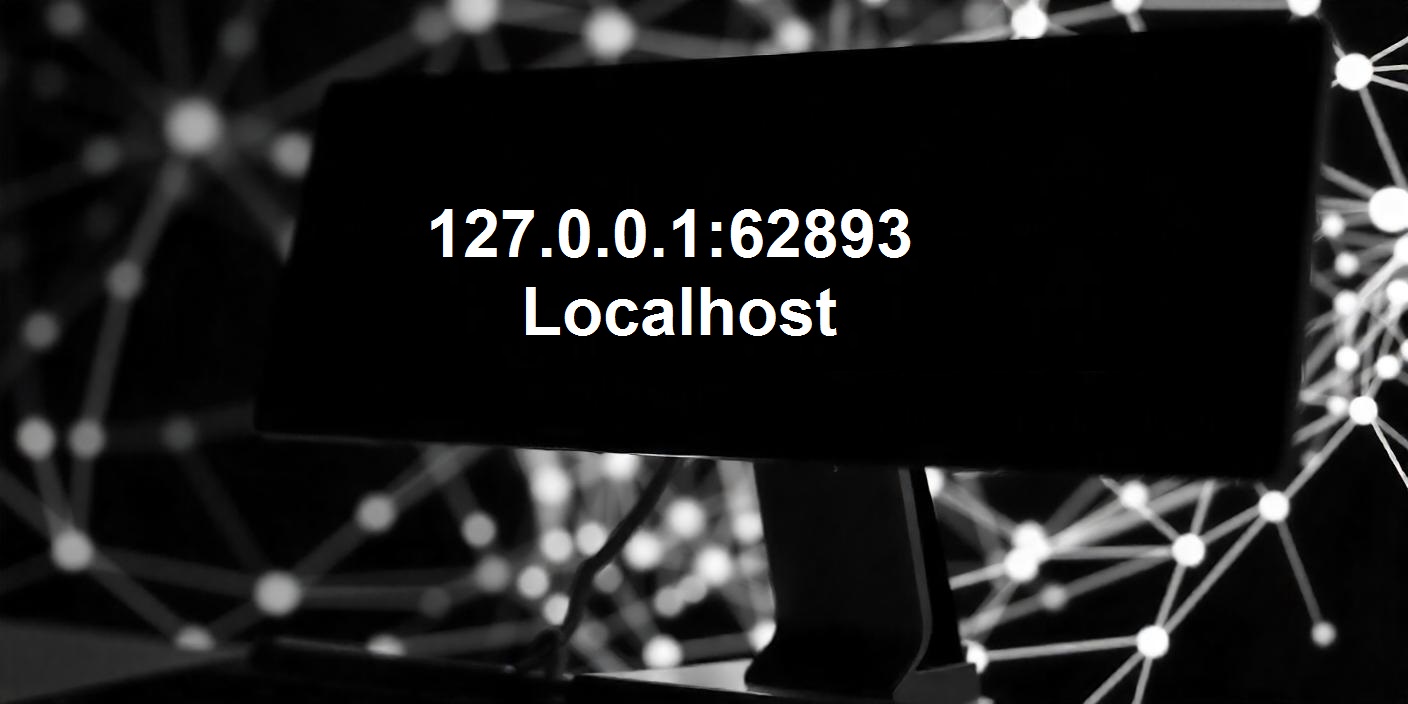In the realm of networking, the localhost IP address 127.0.0.1 and various port numbers play a critical role, especially for developers and system administrators. One such combination is 127.0.0.1:62893. If you’re scratching your head wondering what this means, don’t worry. By the end of this article, you’ll have a clear understanding of this concept and its practical applications.
What is 127.0.0.1?
The IP address 127.0.0.1 is commonly known as the localhost. It is used to refer to the same machine you’re working on. Think of it as sending a message to yourself—when you input 127.0.0.1 in your browser or network settings, you’re instructing your computer to communicate with itself.
The localhost is a key tool for testing and development. It allows developers to run applications locally without needing an external network connection. This is particularly useful for troubleshooting, debugging, and developing new software in a controlled environment.
Understanding Ports: The Role of 62893
Ports are like channels or gates that manage the flow of data to and from a computer. An IP address alone isn’t sufficient to ensure that data reaches the correct application or service; this is where ports come in. They act like specific doors, each leading to a different service or application on your device.
Port 62893 is part of the dynamic or private port range (49152-65535). These ports are not assigned to any specific service, making them available for temporary use by applications that need to establish a network connection. The use of dynamic ports helps prevent conflicts with well-known services that operate on standard ports.
Why Use 127.0.0.1:62893?
There are several scenarios where using 127.0.0.1 with a dynamic port like 62893 can be beneficial:
- Development and Testing: Localhost and dynamic ports are essential tools for developers. By using 127.0.0.1:62893, developers can simulate a network environment on their local machine, allowing them to test applications and troubleshoot issues without needing to connect to an external network.
- Running Local Servers: Developers often run local servers for web development, database management, or other applications. Using a dynamic port like 62893 ensures that the server is accessible only on the local machine, providing a secure and isolated environment for testing and development.
- Custom Applications: If you have a custom application that needs to communicate over a network, using a dynamic port like 62893 can help avoid conflicts with other services and provide a unique communication channel for your application.
Security Considerations
While using localhost and dynamic ports can enhance security by limiting access to the local machine, there are some considerations to keep in mind:
- Firewall Configuration: Ensure your firewall is properly configured to block unwanted external access. Although 127.0.0.1 is inherently local, misconfigurations can expose services unintentionally.
- Port Management: Avoid using well-known ports for custom applications. Dynamic ports like 62893 reduce the likelihood of conflicts and unauthorized access.
- Regular Updates: Keep your software and applications updated to patch vulnerabilities. Even local services can be targeted if they’re outdated and insecure.
Troubleshooting Tips
When working with 127.0.0.1:62893, you might encounter some common issues:
- Port Conflicts: If another application is already using port 62893, you’ll need to choose a different port or reconfigure the conflicting application.
- Firewall Restrictions: Ensure that your firewall allows traffic on the chosen port. Otherwise, you might find that your services are blocked.
- Service Configuration: Double-check your application’s configuration settings to ensure it’s correctly set up to use 127.0.0.1 and the specified port.
Practical Applications and Real-World Examples
Understanding the concept of 127.0.0.1:62893 is more than just knowing its definition. Let’s look at some real-world examples where this knowledge is applied:
- Web Development: Localhost is frequently used in web development. Tools like XAMPP or MAMP use the localhost to run a local web server on your machine for testing websites before deploying them live.
- Database Management: Local databases often run on localhost to allow developers to manage and interact with the database in a secure environment.
- API Testing: When developing APIs, localhost is used to simulate requests and responses, ensuring that everything works correctly before making the API available to others.
Conclusion
The combination of 127.0.0.1 and a dynamic port like 62893 is a fundamental aspect of networking, especially in development and testing environments. By using localhost, developers can create a safe and controlled space to test and troubleshoot applications, ensuring they work correctly before deployment. Understanding how to use 127.0.0.1:62893 not only enhances your technical skills but also improves your ability to manage and secure your applications effectively.
